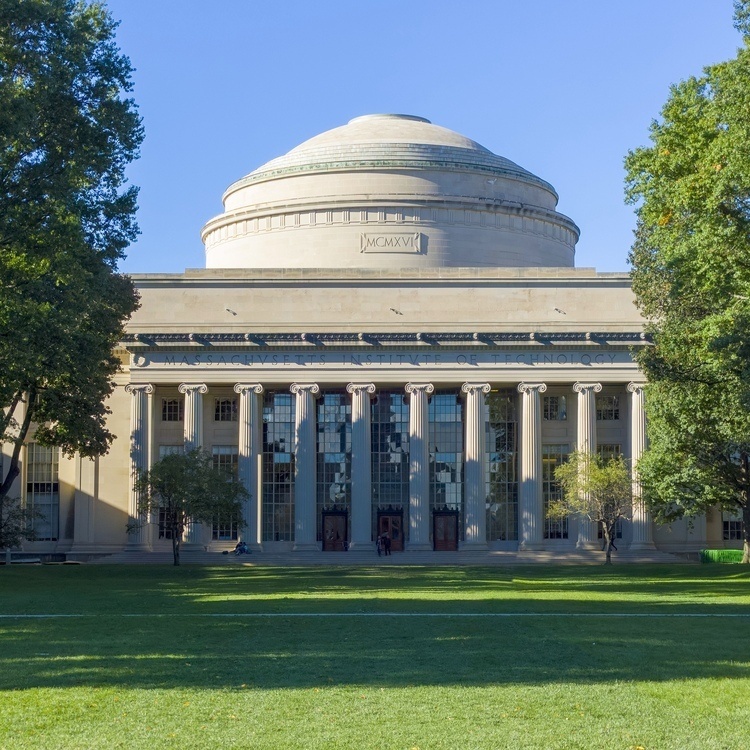
NeuroLunch: Nicholas Cicero (Lewis Lab) & Yuma Osako (Sur Lab)
Description
Speaker: Nicholas Cicero (Lewis Lab)
Title: Sensory gating during sleep: Investigating the mechanisms that regulate visual processing across arousal states in humans
Abstract: While we are asleep, our brains withdraw from our external environment, no longer processing sensory information. Although sensory disconnection is necessary for our brain to transition into a sleep state, the mechanisms regulating sensory gating are unresolved. Using simultaneous EEG-fMRI in eyes-closed resting humans, we presented a temporal contrast modulated flickering stimulus while subjects naturally transitioned in and out of sleep to identify how different sleep-wake states impact visual representations. We first replicated our previous study showing that while subjects were awake with closed eyes, flickering stimuli induced responses in the lateral geniculate nucleus and primary visual cortex, whereas eye closure suppressed extrastriate cortical responses. While asleep, the lateral geniculate nucleus showed preserved stimulus-locked activation, whereas all visuocortical regions displayed stimulus-locked deactivation. Interestingly, the magnitude of the stimulus-locked visuocortical deactivation scaled with stimulus intensity, with high intensity flickering stimuli inducing stronger stimulus-locked visuocortical deactivation. Sleep has been shown to alter the balance between excitation and inhibition in cortical circuits, and inhibitory neurons in sensory cortical networks contribute to sensory gain modulation; therefore, our results suggest that the shift in excitation-inhibition balance with sleep is a likely mechanism gating visual information during sleep.
Speaker: Yuma Osako (Sur Lab)
Title: Flexible cognitive operation utilizes compositional population architecture
Abstract: Flexible and complex behaviors are hallmarks of animal cognition. Theoretical studies propose that these behaviors arise from the combination and reuse of small functional units, each performing distinct computations—a concept known as compositional architecture. Despite its theoretical significance, empirical evidence for such architecture in animal brains has been scarce. Here, we show compositional architecture in the mouse brain, focusing on stimulus encoding and short-term memory maintenance during a delayed match-to-sample task. Using vector-based and geometric analysis, we revealed the existence of “reusable” subspaces for stimulus encoding and memory maintenance in both the medial prefrontal cortex (mPFC) and posterior parietal cortex (PPC). An unbiased, model-free clustering analysis identified functionally distinct clusters, each engaged in these subspaces. Additionally, simulations using recurrent neural networks (RNNs) recapitulated these findings, reproducing similar functionally distinct clusters. Time-specific lesioning of these clusters affected behavior, further supporting their functional relevance. This study provides the evidence of compositional architecture in animal brains, offering new insights into the neural mechanisms underlying flexible and complex behaviors. Our findings bridge the gap between theoretical predictions and empirical observations, paving the way for future research on the computational principles of cognitive flexibility.

